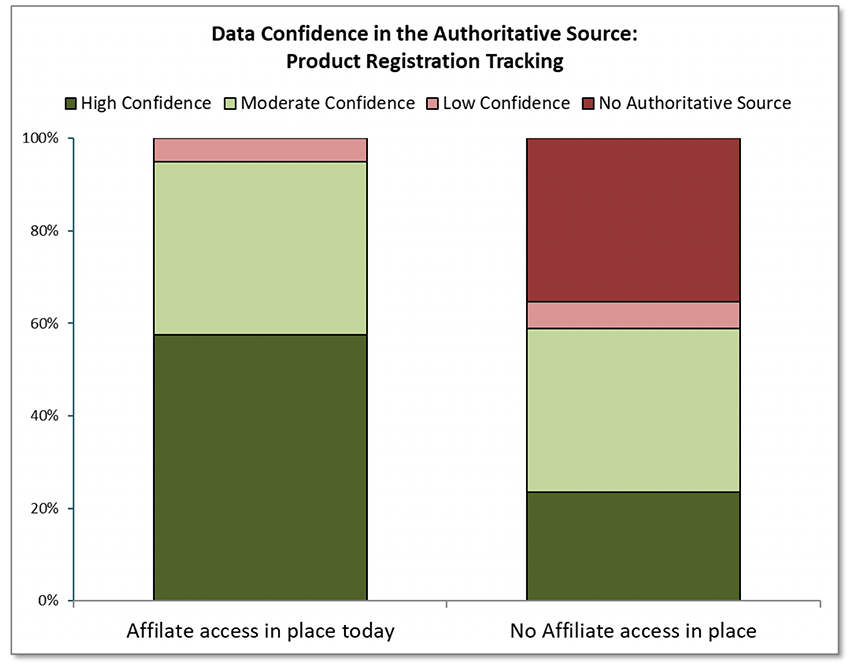The Last Mile
By Kelly Hnat
The biggest challenge to finalizing our extensive World Class RIM research is the core research team aligning on four key insights which takes several weeks of debate. This research cycle, “Solving the Last Mile” or “additional innovation required at the affiliate level” was deemed critical to improve the overall performance of most regulatory divisions.
What is the “Last Mile,” and why is it so important?
The Last Mile refers to the affiliates or the country offices where much of the work of regulatory interactions with local health authorities occurs – where the rubber meets the road for so many of our product registration and maintenance activities. There, we find the country office regulatory staff who interact with agencies and complete the market-specific work which allows a product to be marketed in a country.
We have long believed that affiliate access to headquarters systems to manage data is an important factor in the overall quality, consistency, and completeness of data; one of our World Class RIM measurements is whether a majority of affiliates (>75%) have access to headquarters systems to manage data in 9 key areas, including systems which support HA interactions & commitments, submission management, labeling, and product registration management among others. The survey results show that most organizations still have not realized global RIM adoption, although it is a strategic priority. Over all the systems that we consider in this question, 57% of organizations have deployed to affiliates and 30% plan to do so within 2 years.
What does the data show about the correlation between these factors?
When we look specifically at product registration management, we can see how this plays out. 70% of companies report affiliate deployment of their product registration systems. What is the impact on data quality confidence? In our survey, 58% of organizations who had affiliates using the headquarters product registration systems had high confidence in the data in those systems, compared to just 24% of other companies. When we combine the high & moderate confidence scores for product registration data, the results are clear: 96% of companies with affiliate access have high or moderate confidence in that data, compared to just 59% of all others.
Why does affiliate access to headquarters systems have such an impact?
Being able to enter and manage the data firsthand provides an opportunity for consistency and completeness which is very difficult to achieve any other way. Processes which collect data second hand, through queries or spreadsheets or other means, will be less timely – and responding to these queries may not be the highest priority facing a busy affiliate where the RA person may be wearing many hats (PV, Medical Affairs, Labeling) in addition to their regulatory responsibilities. Providing access to the central system available for immediate management of the relevant information can make a big difference.
But there’s another aspect to the Last Mile which remains to be resolved, and we highlight this in our Key Headlines. Even with an increase in E2E process work and affiliate access to global systems, innovation is required at the affiliate level to improve global performance, quality, and compliance. What are we saying here? A key factor impacting compliance for use of a system is ensuring that it meets the requirements of the users. All too often, the systems provided by headquarters to affiliates do not take affiliate users’ requirements into account. For many affiliate countries, the work of regulatory includes managing very specific local requirements such as pricing and reimbursement and other country-specific activities – activities which are not supported by functionality in most global registration management systems. Ensuring that the global system provides ability to manage critical information to support local compliance requirements would eliminate the need for separate parallel systems and spreadsheets at the affiliate level and would improve overall compliance and data quality as a result. We encourage industry to consider the requirements of these affiliate users in their system and process planning, to bring these systems down the Last Mile and bring data quality confidence home.







